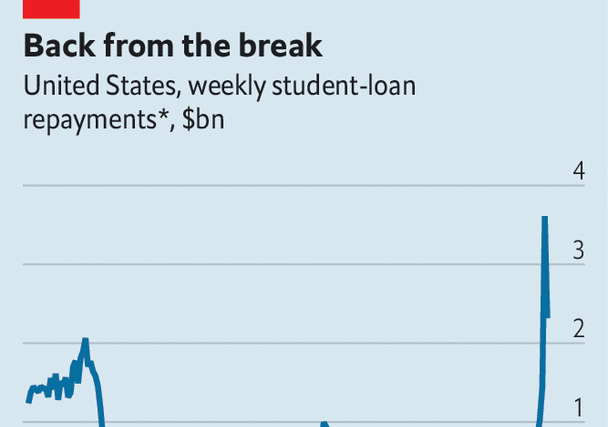Tilta gains a €30M debt facility from Fasanara Capital. | Image credit: Tilta
Berlin-based Tilta, a fintech company, announced that it has procured a €30M debt facility from Fasanara Capital. The company aims to use the debt facility to address the working capital gap in B2B transactions.
With the debt facility, the fintech company says it is now capable of financing approximately €250M in business-to-business (B2B) transactions per year.
Tilta looks forward to providing payment terms for buyers and immediate, risk-free payouts to sellers.
“We are thrilled to partner with Fasanara to provide access to a previously inaccessible asset class of short-term, small ticket, and highly liquid B2B receivables,” says Tilta co-founder Christoph Nicola.
Fasanara Capital CEO Francesco Filia says, “In today’s challenging macroeconomic environment, it’s essential that there are in-context financing solutions available that can support the transition of B2B transactions from offline to online and solve the inherent working capital gap”.
Filia says that Fasanara has been very impressed with the Tilta Team’s tech-driven white-label approach to embedded credit risk assessment and financing of business transactions and their progress.

“We are happy to partner with them in closing the working capital gap for SMEs in online business transactions,” he adds.
In May 2023, the company bagged €4M in its seed round.
The issue of working capital gap
The e-commerce industry has boosted the convenience of purchasing items through online marketplaces in recent years.
However, the European €1.1T B2B market still lacks the necessary refinement to support such marketplaces. Businesses and clients still rely on telephone, fax, or meetings with sales representatives to conduct transactions. These practices result in unnecessary financial spending and wasted time.
Further exacerbating these issues are the rising interest rates and inflation. As a result, payment delays and longer payment terms become more frequent.
Businesses’ operating cash flows also came under pressure, and European SMEs have their access to credit reduced by banks.
“With 1 in 4 businesses having to close because of liquidity constraints, the working capital gap remains the key challenge for SMEs in Europe,” Nicola says.
Tilta to assist B2B marketplaces and SMEs
Tilta aims to solve this issue by using credit-backed payment infrastructure. The infrastructure allows B2B merchants and marketplaces to give in-context purchase financing to customers.
Tilta’s white-label solution works via a single API integration to cover aspects related to a transaction.
These aspects related to transaction processes include the proper regulatory framework, access to capital, seamless working technology, and risk hedging.
With the infrastructure, businesses ordering on the marketplace can have seamless and transparent individual lines of credit. The infrastructure gives the option to pay via instalments or after 30, 60, or 90 days.
In turn, sellers on the marketplace receive their risk-free sales proceeds immediately.
Furthermore, the marketplaces enjoy a major addition in value for their customers. Marketplaces can also monetise a financial service as a new revenue stream to reduce their tight margins.
…your recruitment or product development with our curated community partners!




The Most Read
Сryptocurrencies
Bitcoin and Altcoins Trading Near Make-or-Break Levels
Financial crimes
Thieves targeted crypto execs and threatened their families in wide-ranging scheme
Financial crimes
Visa Warning: Hackers Ramp Up Card Stealing Attacks At Gas Stations
News
Capitalism is having an identity crisis – but it is still the best system
Uncategorized
The 73-year-old Vietnamese refugee is responsible for bringing Sriracha to American consumers
Uncategorized
Electric Truckmaker Rivian, Backed By Amazon, Ford, Raises Whopping $1.3 Billion